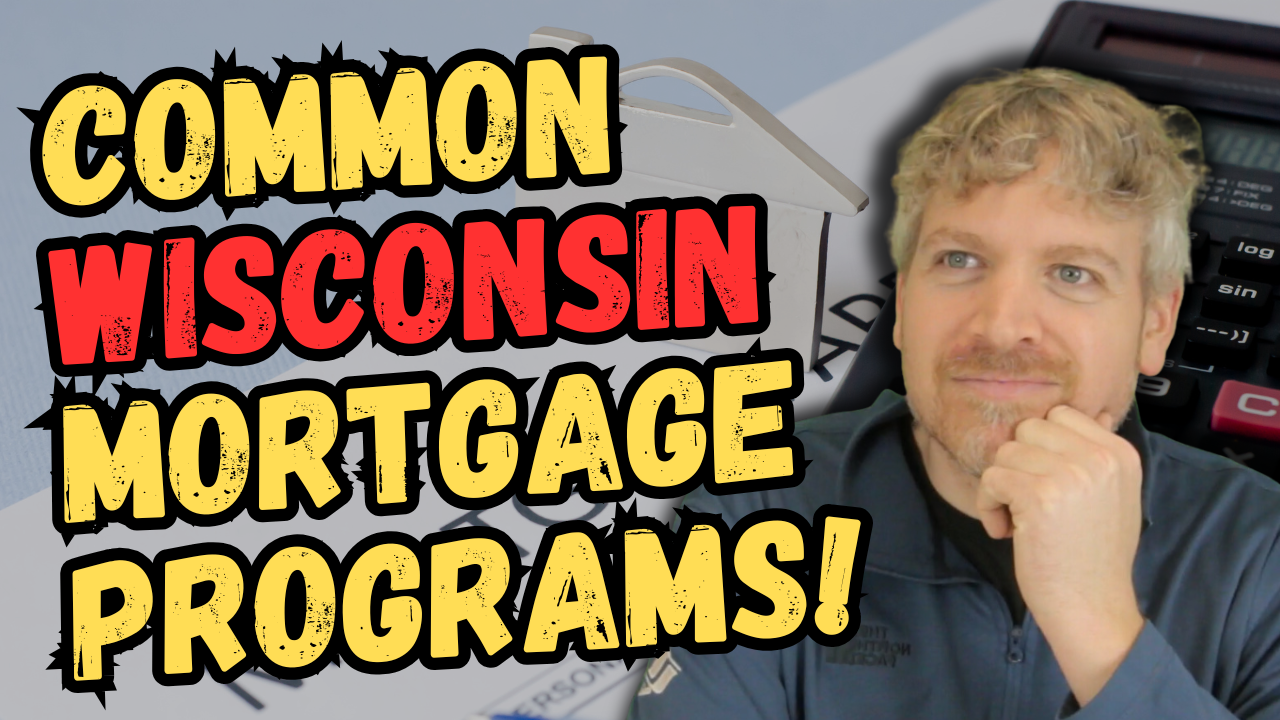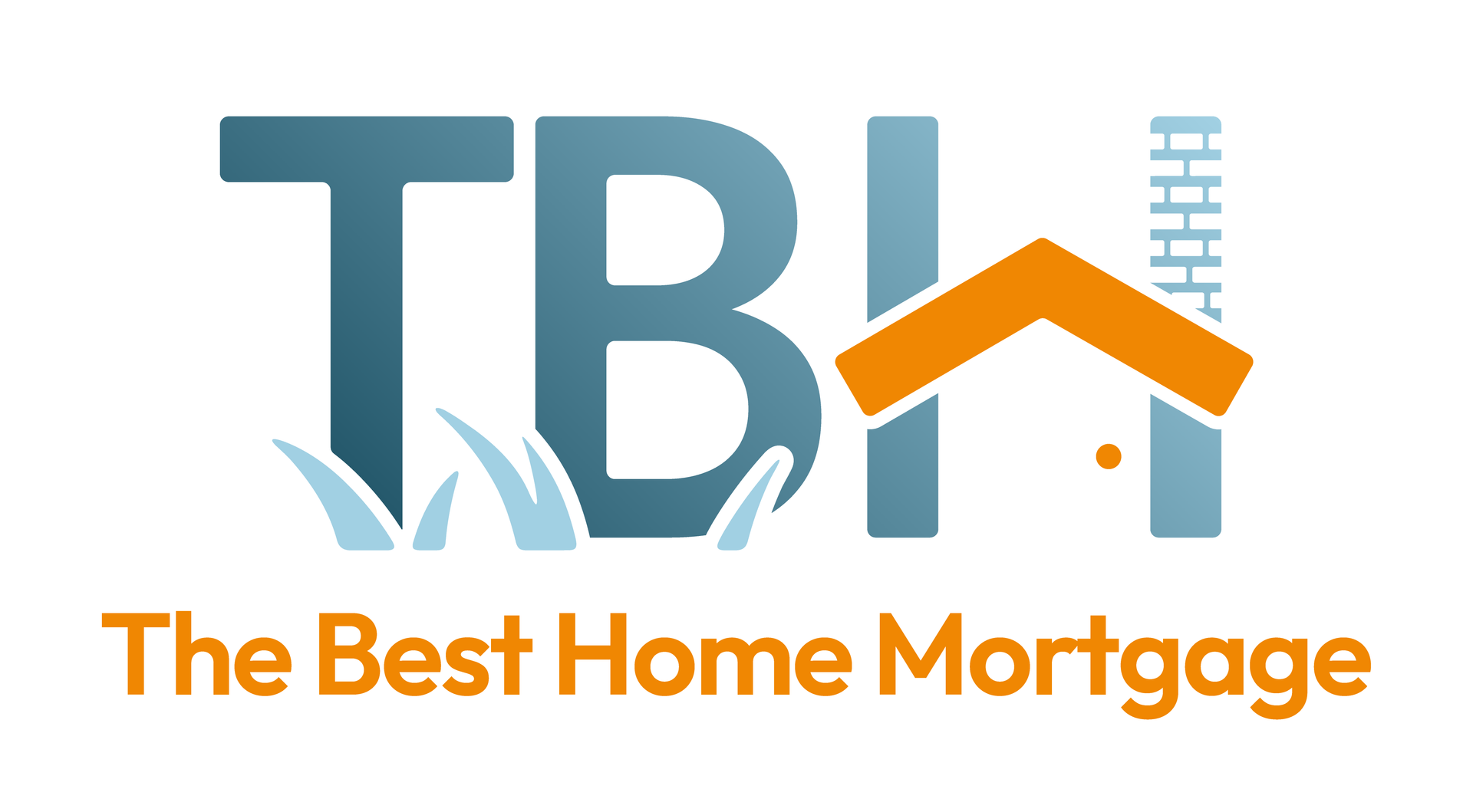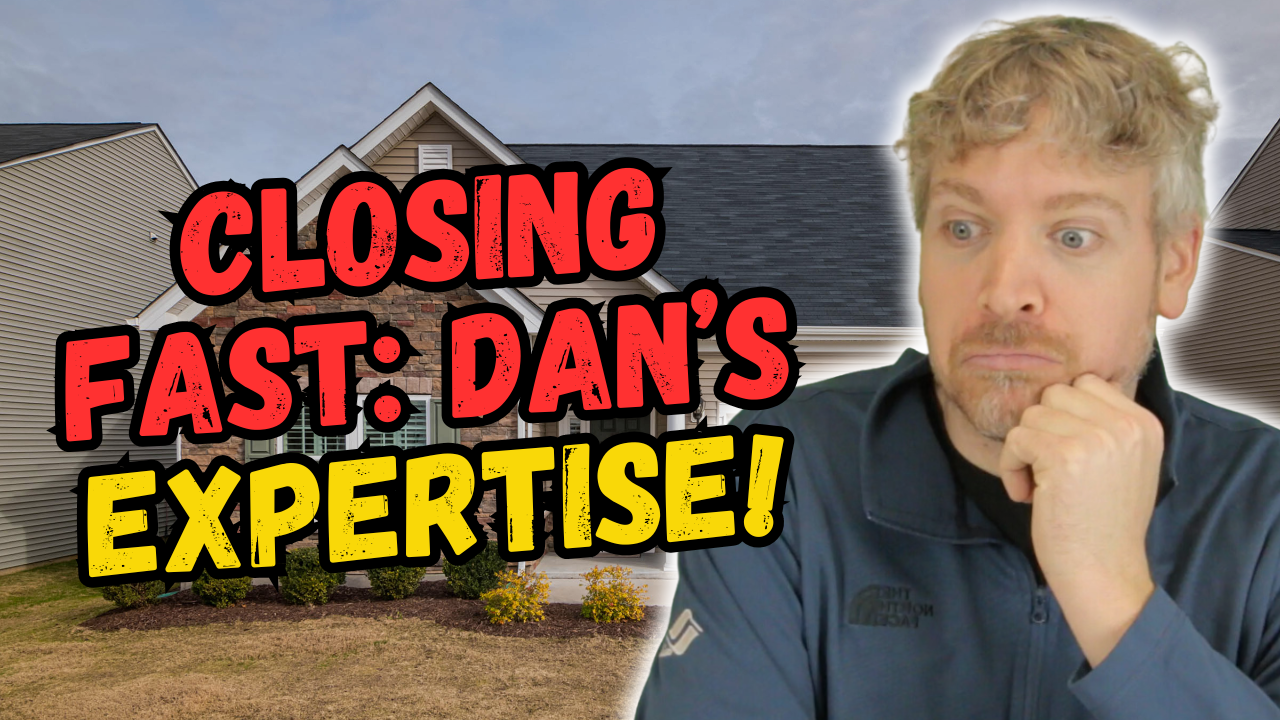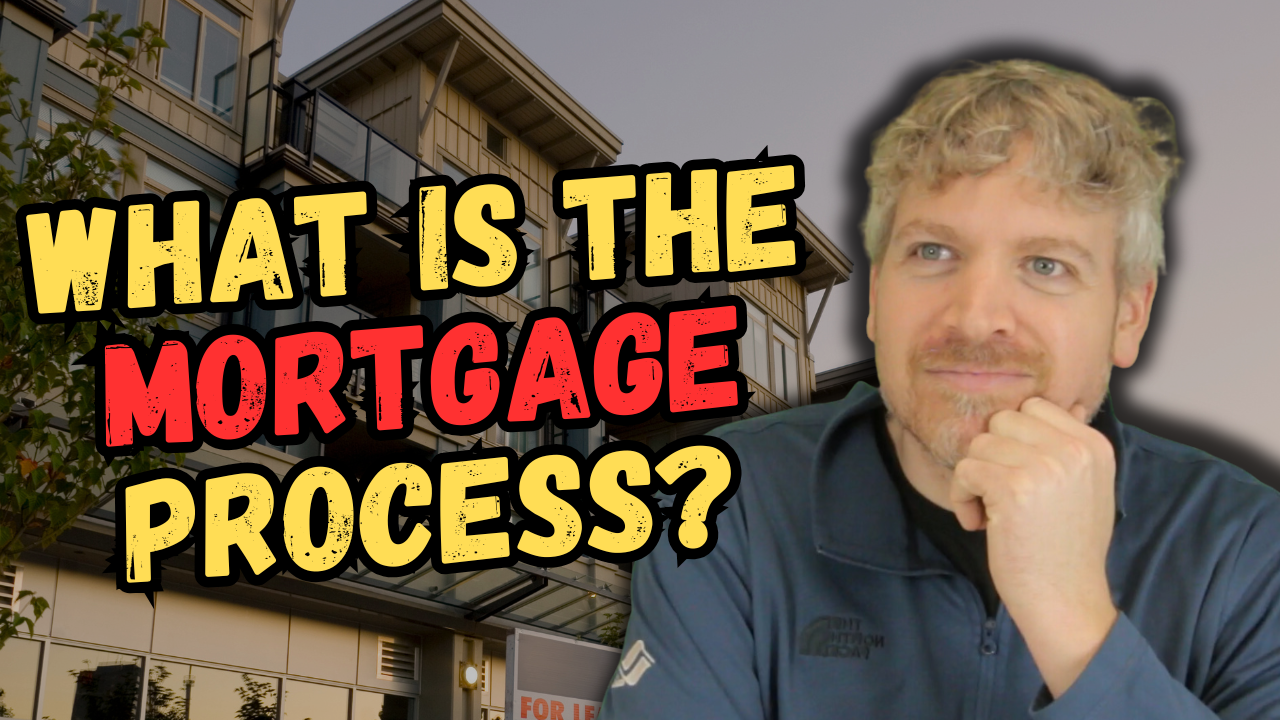First Time Home Buyer Hartford, WI: The Ultimate Guide in 2024!
Buying a home for the first time is a big deal, and in Hartford, WI, it’s even more so with the dynamic real estate market. This guide will cover everything a first-time home buyer or first-generation homebuyer will need to know to make good decisions and navigate the process of buying a home in Hartford.
Wisconsin Real Estate
Wisconsin’s real estate market is in high demand, and prices vary by neighborhood. From the city centers to the suburbs, or the serene parks, there’s something for everyone.
Market Trends and Forecast
Stay up to date on current trends and forecasts. Historically, Hartford has seen steady home price appreciation driven by demand and limited supply. Knowing these trends will help you make good decisions on when and where to buy.
Location, Location, Location
Choosing the right location is one of the biggest decisions you’ll make. Consider proximity to work, schools, community amenities, and future development. Each area in Hartford has its pros and cons.

Getting Ready to Buy
Before you start the home buying process, you need to get financially ready. This means understanding your credit score, saving for a down payment, and setting a realistic budget for your purchase.
Additionally, it's important to consider your debt-to-income ratio, as it is a crucial factor in determining eligibility for home buyer programs available in Wisconsin, which typically require a ratio not exceeding 45%.
Credit Score
A good credit score can impact your mortgage rates and loan approval, making it an important factor for a first-time homebuyer. Lenders use your credit score to determine your creditworthiness. Pay off debts and avoid new credit inquiries to improve your score. The minimum credit score lenders are looking for is usually around 620, but the minimum can be lower or higher, depending on your local area, if you're using a down payment assistance program, etc. If your credit score is lower, you might have a slightly higher interest rate.
Saving for a Down Payment
The traditional down payment is 20%, but there are programs for first-time buyers that require less. Saving for a down payment will help you get a loan and reduce your monthly mortgage payments. Designated rural areas might qualify for a USDA loan, but it depends on the area’s median income, the loan amount, median price, whether or not it’s a primary residence, etc.
In Wisconsin, there are down payment assistance programs that provide financial assistance to first-time homebuyers through down payment loans and shared appreciation loans. Check with your local government agencies to see what programs are available in your area. Second mortgages might require a larger down payment compared to a primary residence.
Budget for Extras
In addition to the down payment, you’ll need to budget for closing costs, moving expenses, home insurance, and potential repairs or renovations. These extras can add up, so plan accordingly.

Mortgage Lenders
As a first-time home buyer, you have mortgage options designed to make homeownership more attainable. Whether you opt for a conventional or FHA loan, understanding these options will help you choose the right loan for you. It's important to compare lenders and private loan officers.
FHA Mortgage Loan
Federal Housing Administration (FHA) loans are popular with first-time buyers because of the lower down payment and more lenient credit score requirements compared to a conventional loan. These loans make homeownership more accessible for those with less-than-perfect credit.
VA Mortgage Loan
If you’re a veteran or active-duty service member, you may be eligible for a VA loan. These loans have competitive rates and no down payment when compared to a conventional loan, so they’re a great option for those who have served.
Pre-Approved
Before you start looking for houses, get pre-approved for a mortgage. Pre-approval tells sellers you’re a serious buyer and gives you a clear idea of your budget.

Real Estate Agent
A good real estate agent can guide you through the home buying process. They can help you find homes that meet your criteria, negotiate the best deal, and navigate any obstacles that come up.
House Hunting Tips
When house hunting, make a list of your must-haves and nice-to-haves. This will help you stay focused and not get overwhelmed by all the options. Consider size, layout, location, and potential for future appreciation.
Make an Offer
Once you find your dream home, work with your agent to make an offer. Be prepared for negotiations and, in some cases, bidding wars, especially in high-demand areas.
Home Inspection
After your offer is accepted, schedule a home inspection to find out if there are any issues. A thorough inspection will uncover hidden problems that could affect the value of the home and your decision to move forward with the purchase.
Negotiate Repairs and Price Adjustments
Based on the inspection report, you may need to negotiate repairs or price adjustments with the seller. Your real estate agent can help you through this process to get the best deal.
Closing Costs
Closing costs are fees associated with closing your home purchase. These can include loan origination fees, appraisal fees, title insurance, and more. Budget for these costs ahead of time. There are also various closing cost assistance programs available for first-time home buyers in Wisconsin.
Final Walkthrough
Before closing, do a final walkthrough of the property to make sure all agreed-upon repairs have been done and the home is in the condition you expected. This step is key to avoid any last-minute surprises.
Close
Once you close, you’ll finalize your mortgage, sign the documents, and pay closing costs. Then you’ll get the keys to your new home. Congratulations!
Move In
Moving into your new home is a big deal. Make a checklist to help you stay organized, from scheduling movers to setting up utilities and changing your address.
Home Maintenance
Regular home maintenance is key to maintaining your property’s value and avoiding costly repairs. Make a maintenance schedule to stay on top of tasks like cleaning gutters, servicing HVAC systems, and inspecting the roof.

Equity
One of the perks of homeownership is building equity over time. By making your mortgage payments and maintaining your property, you can increase your home’s value and build wealth.
Long Term Planning
Homeownership is a big financial commitment. Consider working with a financial advisor to make a long-term plan that includes saving for future expenses, investing in home improvements, and planning for retirement.
Refinance Options
As a homeowner, you may have opportunities to refinance your mortgage to take advantage of lower interest rates or tap into equity for home improvements. Know your refinance options to make informed decisions.
Market Fluctuations
The real estate market is unpredictable. Stay informed about market conditions and be prepared for home value fluctuations. Work with a knowledgeable agent to help you through these changes.
Property Taxes
Property taxes are a big ongoing expense for homeowners. In Wisconsin, property taxes are based on the assessed value of your home. Know how they are calculated and budget for them.
Homeowners Insurance
Homeowners insurance covers your property and belongings from damage or loss. Shop around for the best coverage and rates and consider additional coverage for natural disasters common in Wisconsin.
Homeowners Associations
If you’re buying a home in a community with a homeowner's association (HOA), you need to understand the rules, fees, and benefits. HOAs can provide great services but also have specific requirements and restrictions.
Energy and Sustainability
Consider making energy-efficient upgrades to your home like solar panels, insulation, and energy-efficient appliances. These will save you money and help the environment.
Tapping into Equity
As you build equity in your home, you may have opportunities to tap into it for financial goals like home improvements, debt consolidation, or education. Know how to access and use your equity to make smart financial decisions.
Community Matters
Choosing a home is not just about the property itself but also the community. Consider safety, amenities, schools, and the overall feel of the neighborhood. Being part of a supportive and welcoming community can add so much to your quality of life.
Future Proofing
As you plan for the future, think about how your home can adapt to your changing needs. Whether it’s a growing family, working from home, or aging in place, future-proofing your home can keep you comfortable and avoid costly renovations down the line.
Home Improvements
Investing in home improvements can increase your home’s value and make it more enjoyable to live in. Focus on projects that give you a good return on investment like kitchen remodels, bathroom upgrades, and landscaping.
Selling Your Home
At some point, you may decide to sell your home. Knowing the selling process, including preparing your home for sale, setting your price, and working with a real estate agent, will help you get a successful sale.
Investment Opportunities
Homeownership can also bring real estate investment opportunities. Whether it’s a rental property, flipping homes, or commercial real estate investing, there are many ways to diversify your investment portfolio through real estate.
Stay Informed and Educated
The real estate market is always changing. Stay informed and educated about market trends, mortgage options, and homeownership tips to make smart decisions and get the most out of your investment. Additionally, stay updated on various payment assistance programs available to first-time home buyers in Wisconsin.
Technology
Technology is changing the real estate industry. From virtual tours and online mortgage applications to smart home technology, use these to your advantage when buying and owning a home.
Networking and Community
Build a network of real estate professionals, financial advisors, and fellow homeowners for support and resources. Join local community groups, attend real estate seminars, and participate in online forums to connect with others.
Protect Your Investment
Homeownership is a big investment. Protect it by having adequate insurance, regular maintenance, and being proactive about addressing any issues that come up. As you plan for retirement, think about how your home fits into your overall financial plan. Whether you plan to downsize, relocate, or use home equity to fund your retirement, having a plan will help you get there.
Benefits of Homeownership
Homeownership has many benefits, including stability, potential appreciation, and the ability to customize your living space. Know these benefits to appreciate your investment. First-time home buyers may face many challenges like financing, finding the right property, and the buying process. Be prepared and get professional advice to overcome these challenges.
Ongoing Support
As a loan officer, I’m here to provide ongoing support and resources to help you succeed as a homeowner. Whether you have questions about refinancing, home improvements, or market trends, I’m just a phone call away.
Buying your first home in Hartford, WI, is an exciting journey full of opportunities and challenges. Know the market, be prepared financially, explore your mortgage options, and navigate the process with professionals to achieve your dream of homeownership.
For personalized advice and assistance with your mortgage needs, feel free to contact me, Dan Kahn, your trusted Hartford loan officer. I'm here to help you every step of the way on your journey to homeownership.











